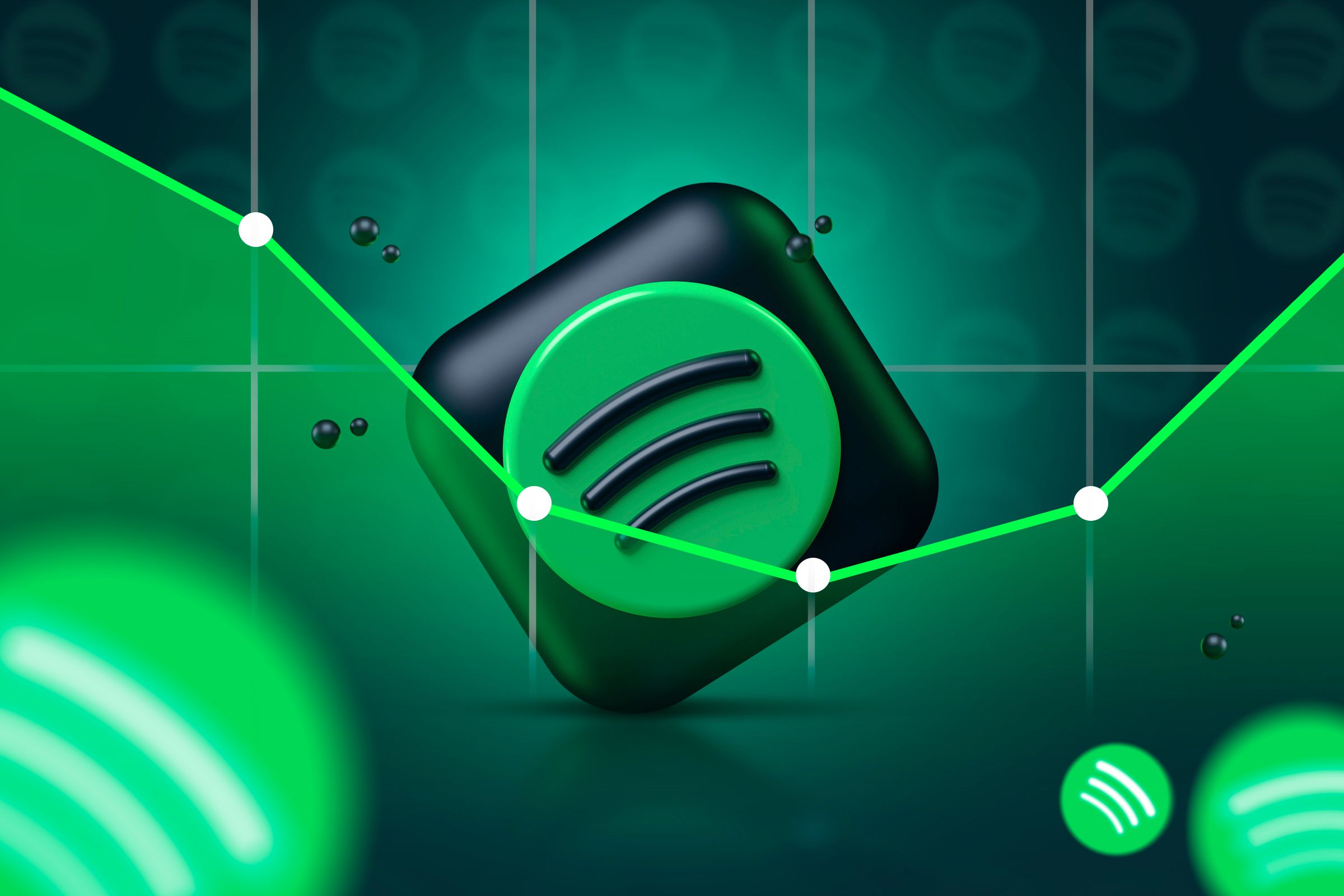Streaming is a notoriously unprofitable business with few success stories. Now, after 18 years of service, Spotify says that 2024 will be its first-ever full profitable year. But the small artists who helped Spotify achieve this goal will see none of the money.
In a November 12 third-quarter earnings report, Spotify waxed over record-high gross margin (31.1%) and gross profits (€1 billion). The company points to subscriber growth and reduced spending as the driving force behind these gains, though layoffs and price hikes deserve some credit, too. Spotify expects to continue this upward trend through the fourth quarter, at which point it will officially score its first fully profitable year.
Ideally, Spotify’s gains will trickle down to the artists who supply the streaming platform with music. And that may well be the case, at least for the big artists. What I do know is that small artists will receive less money from Spotify than they did last year. Thanks to a new payment policy, many of them won’t see a single penny from their streams.
The policy, which went into effect in April 2024, states that “tracks must have reached a threshold of at least 1,000 streams in the previous 12 months to be included in the recorded music royalty pool calculation.” These tracks must also meet an unspecified “minimum number of unique listeners” to reach payout eligibility. So, if an artist has a dozen songs, all of which receive 900 streams within the calendar year, they won’t be paid.
Tracks with under 1,000 annual streams generate an average of $0.03 per month, according to Spotify (this figure is calculated after Spotify takes roughly one third of the revenue). On its own, $0.03 is chump change, but it adds up to “tens of millions of dollars per year.” The latent cash is redirected toward larger artists and, more notably, their contractual overlords—big labels.
In other words, small independent artists are paying the way for big labels. Spotify, during its most profitable year, is stealing from the poor and giving to the rich. It’s a sad sight, and it’s a damning reflection of the “content creation” economy as a whole.
I understand why an individual or artist might shrug this off. Small artists who fail to meet Spotify’s payout threshold are losing a few bucks a year at most. And if these artists are paying for distribution, it’s not like they’d see any of the money anyway. In a practical sense, nothing has changed.
Here’s the thing; small artists earned their chump change. This money shouldn’t be funneled to big artists or big labels who, apparently, feel entitled to take other peoples’ earnings. If Spotify wants to give these labels more money, it should pay out of pocket. After all, Spotify is a profitable company with a healthy outlook.
I should point out that rival music services like Apple Music, Napster, and Tidal offer larger payouts to creators and do not enforce a payment eligibility system. Storefronts like Bandcamp are an even better choice for supporting small artists.





